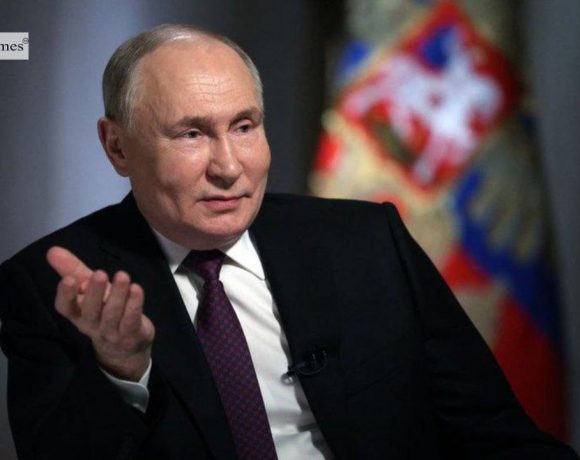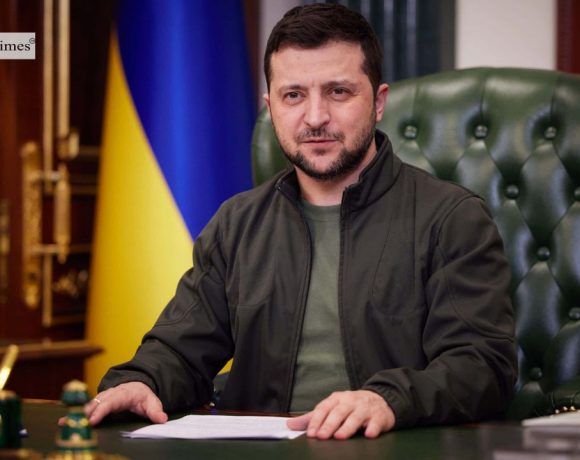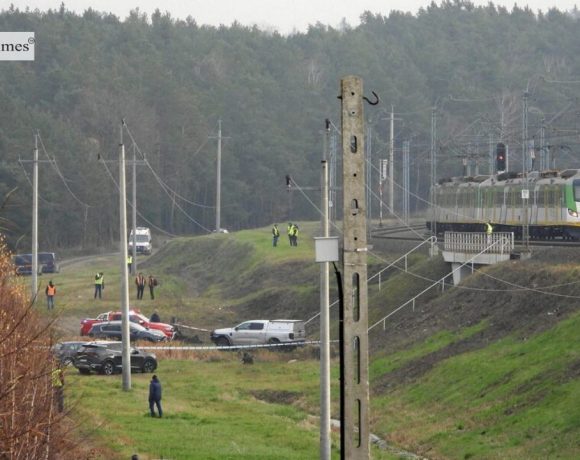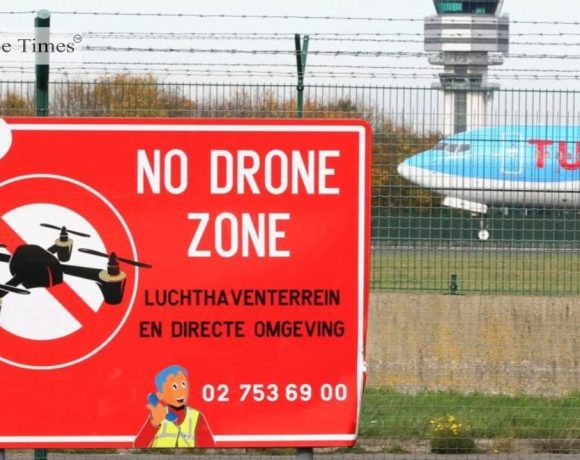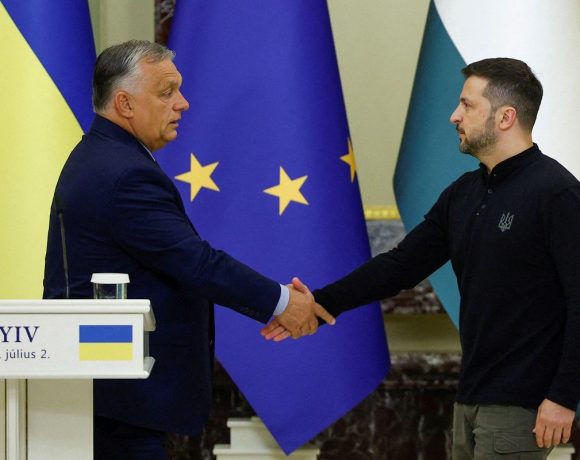
France has launched a nationwide recruitment drive for a new 10-month voluntary military service aimed at strengthening the country’s ability to respond to growing security and civil-defence challenges. The programme, announced by President Emmanuel Macron last year, will begin in September and is open to French citizens aged 18 to 25 who want to contribute to national resilience in an increasingly uncertain global environment.
Under the scheme, 3,000 young people will join the army, navy or air force from September, with numbers rising to 4,000 in 2027 and up to 10,000 a year by 2030. Participants will earn about 800 euros a month and carry out a wide range of tasks, including disaster relief, counter-terrorism surveillance and technical roles such as drone operation, mechanical work, medical support and logistics.
The initiative is part of a wider European shift as countries reassess their defence needs amid concerns about Russia and uncertainty over long-term U.S. security commitments. French Defence Minister Catherine Vautrin said the programme supports a move toward a more flexible “hybrid” military model, with recruits free to return to civilian life, join the reserves or pursue full-time service after completing their term.
Pic courtesy: google/ images are subject to copyright

